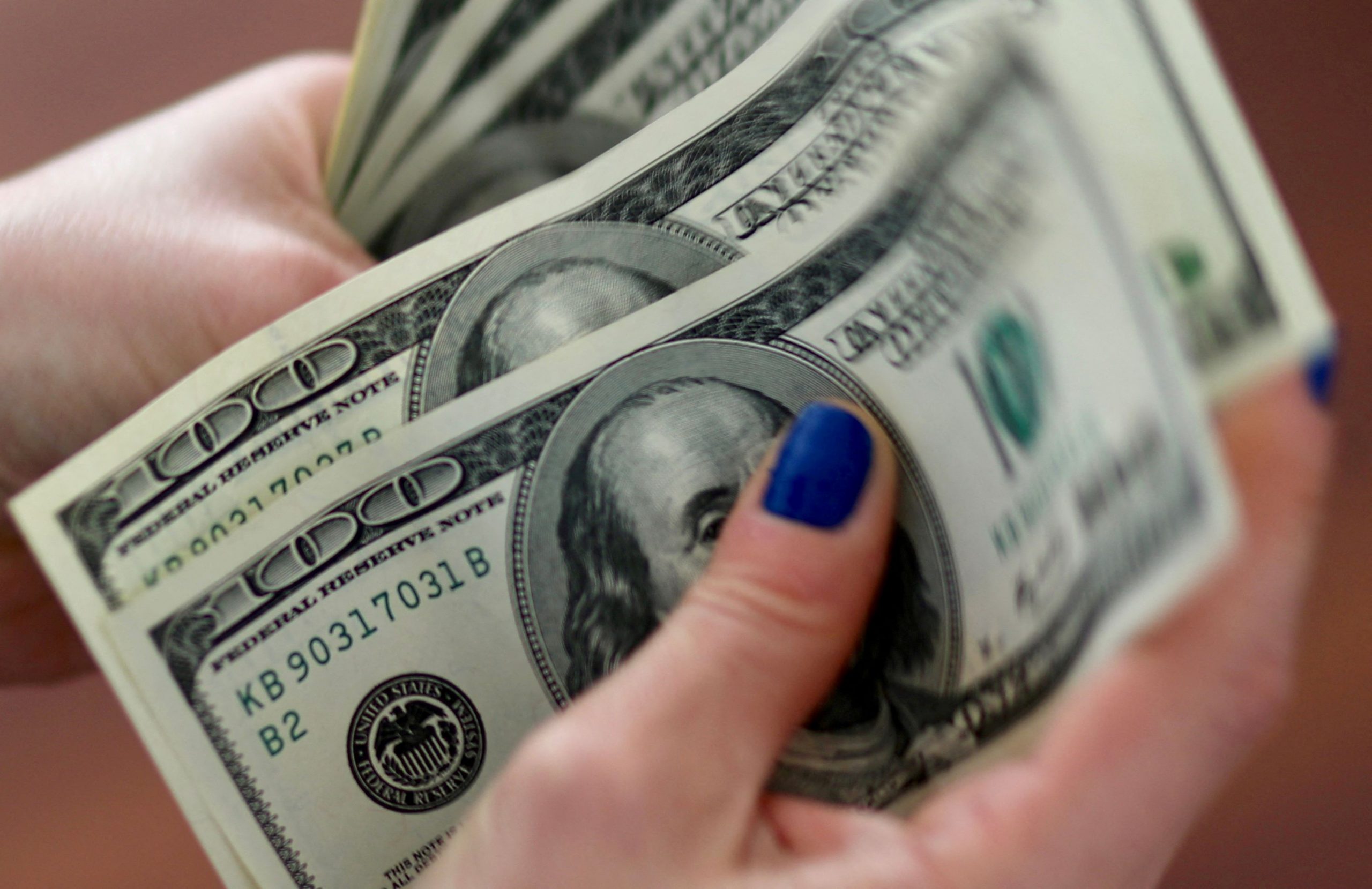A global minimum tax on billionaires, equal to 2% of their wealth, could raise nearly $250 billion a year, according to a think tank co-funded by the European Union.
The EU Tax Observatory proposed such a tax in a report released Sunday and said it would affect fewer than 3,000 billionaires. Billionaires have effective tax rates equivalent to zero to 0.5% of their wealth because they use shell companies to dodge income taxation, said the think tank, which is located at the Paris School of Economics.
“To date no serious attempt has been made to address this situation,” it said.
Joseph Stiglitz, a Nobel Prize-winning economist, wrote in the report that citizens would begin to reject taxation if they didn’t believe everyone was paying their fair share of taxes.
A global minimum tax on the very rich “may seem impossible to attain, but so was undermining bank secrecy and introducing a minimum tax on corporations just a few years ago,” he said. Around 140 jurisdictions agreed to implement the corporate minimum tax in 2021, but the rollout has been slow.
Offshore tax evasion has declined in the last decade because banks automatically exchange information about customers, the EU Tax Observatory said. But researchers at the think tank said government policies could do more to stop tax evasion. Additional tax funds could be used to address climate change, pandemics and societal inequalities, they said.
Attempts to raise taxes on American billionaires have sputtered in recent years. Democrats in Congress in 2021 proposed annual capital-gains taxes that would have affected about 700 of the wealthiest Americans, but the measure died shortly thereafter. The levy would have taxed holdings based on paper gains in publicly traded companies.
The EU Tax Observatory said billionaires sometimes avoid income taxes by using loopholes such as moving to tax-haven countries or not reporting income earned from offshore bank accounts. They often don’t have to pay income tax on appreciated assets.
A strengthened global tax on multinational companies would raise an additional $250 billion annually and stop corporate tax dodging, the think tank said. The U.S. was among jurisdictions that agreed in 2021 to impose a 15% minimum tax on large companies in each country where they operate.
The EU Tax Observatory said that the global minimum tax on multinational companies has been “dramatically weakened” as a result of loopholes.








